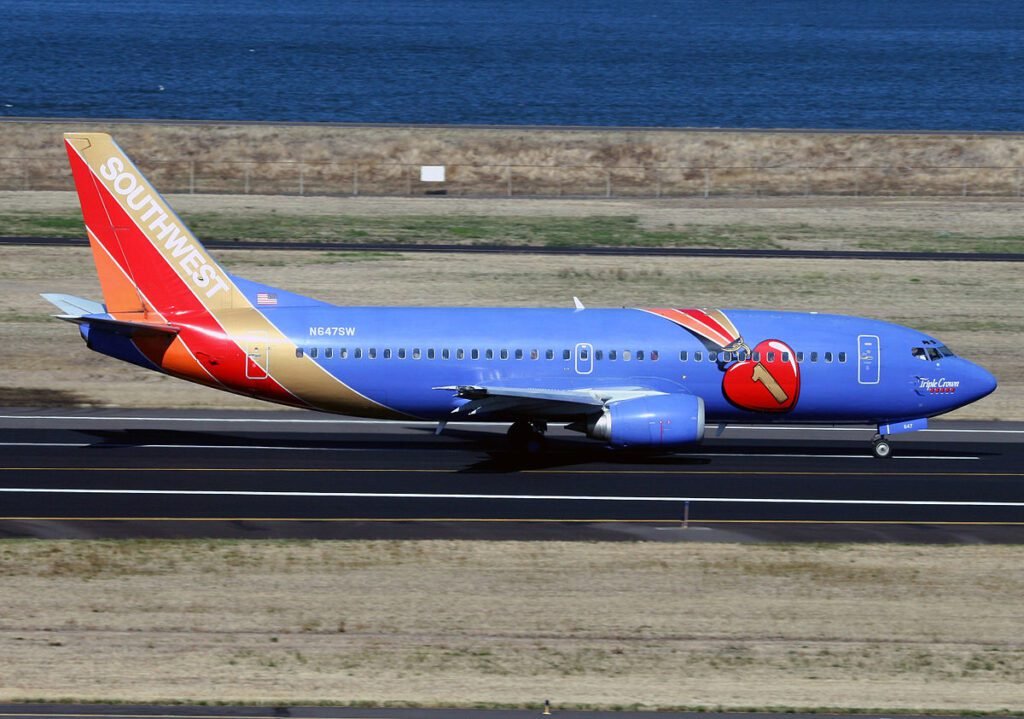Southwest Airlines is implementing a major shift in its long-standing practices by charging for checked bags, a step that will help increase revenue as the airline faces financial difficulties. The new policy, announced on Tuesday, will be implemented on May 28, representing a dramatic departure from one of the airline’s most popular customer amenities.
For years, Southwest has been unique in the airline world as the sole large U.S. carrier that permitted customers to check two bags without a fee. It has been a central tenet of its brand identity, reflecting a customer-centric approach. But in the face of financial difficulties and mounting pressure to conform to industry standards, the airline is now joining its competitors who have long charged for checked bags.
This move comes after another recent change in Southwest’s business model. The airline recently announced it would phase out its iconic open-seating policy, which had been a hallmark of the carrier for more than half a century. These moves mark a larger initiative to streamline its business strategy and maintain profitability amid a competitive market.

Although Southwest executives are confident that baggage fees will give the company a much-needed boost in revenue and enable it to reward loyal customers, the shift comes with some risks. Passengers who have enjoyed the airline’s free baggage policy might rethink their loyalty and seek out other carriers.
Industry rivals have already taken notice of the change. On Tuesday, Delta Air Lines President Glen Hauenstein said Southwest’s action could create openings for other airlines to lure its passengers.
Analysts project that charging for checked bags would bring in up to $1.5 billion in extra annual revenue for Southwest, substantially enhancing its bottom line. Despite this, however, some industry experts are cautious about the effect on the airline’s reputation as a low-fare, friendly carrier.
“We were not in favor of bag fees,” said Raymond James analyst Savanthi Syth. Her comment reflects concern that Southwest will lose one of its main competitive advantages that have turned it into a favorite among low-fare travelers.
However, Southwest seems determined to put the policy change into action. Increasing operating expenses and shifting market trends have forced the airline to look for alternative sources of revenue. With almost all other major U.S. airlines making money from baggage fees, Southwest is now doing the same to stay financially competitive.
The wider airline sector has come to depend more and more on ancillary charges, such as baggage fees, to top up ticket sales. These extra fees have become a vital source of income, allowing airlines to keep base fares stable while maximizing total revenues.
Passengers who have been relying on Southwest’s no-fee baggage policy for so long will have to adapt themselves to the new pricing model, which has yet to be completely outlined. Still, the airline is likely to unveil loyalty-based rewards to cushion the impact for frequent fliers.
As Southwest proceeds with this policy, both industry watchers and travelers will be paying close attention to measure the impact on customer satisfaction and company performance. Whether the change ultimately enhances or erodes the airline’s reputation is unclear, but it’s certain that Southwest is taking big steps to keep up with the changing airline landscape.








